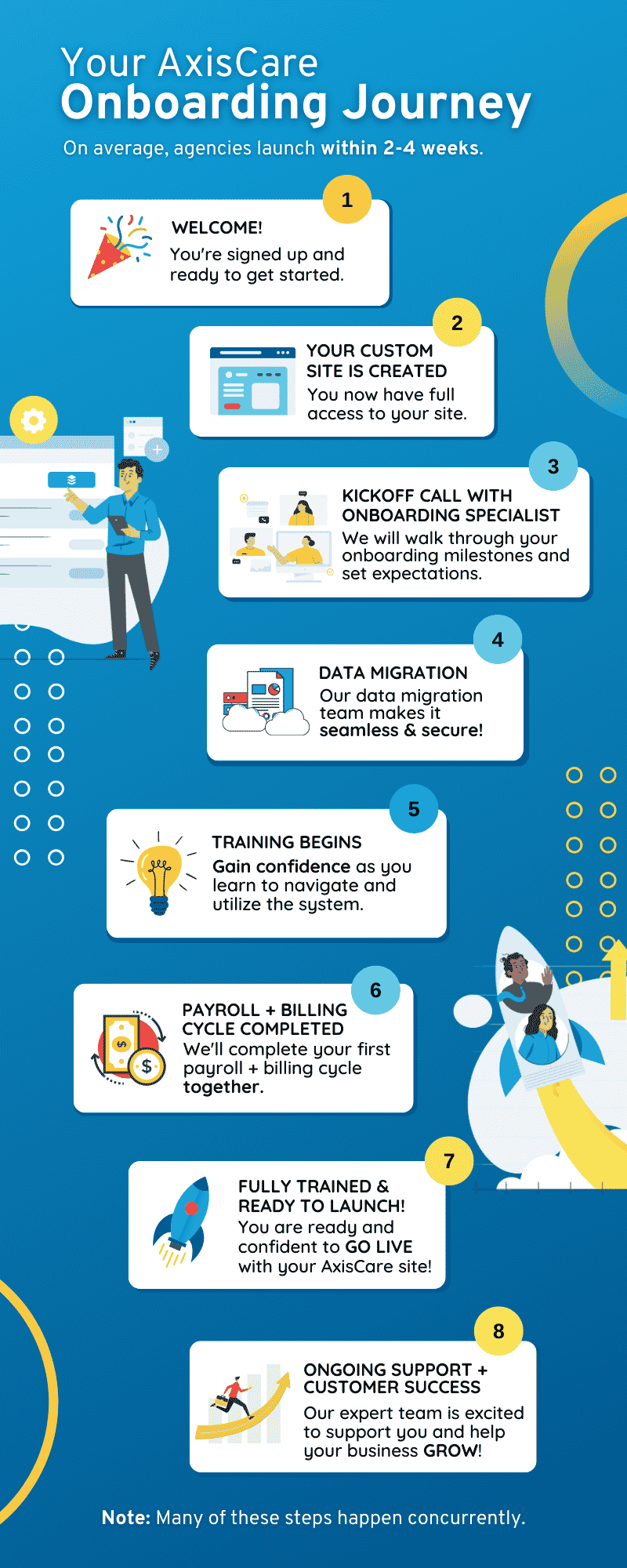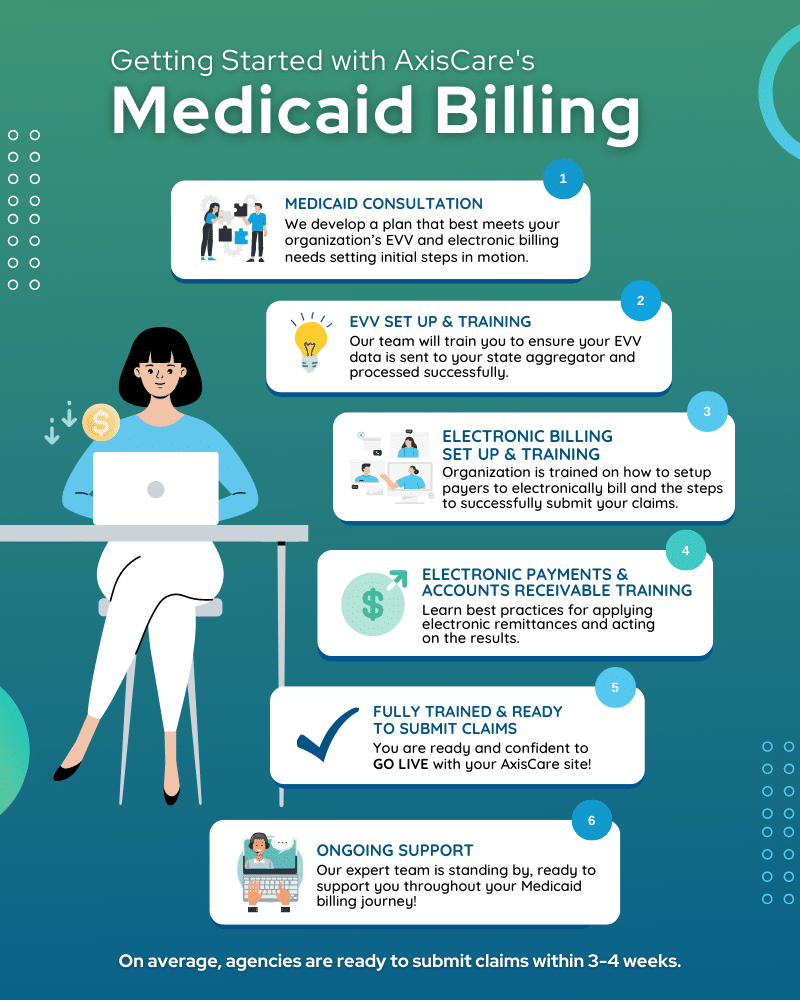On April 22, 2024, the 80/20 Provision within the Medicaid Access Rule was finalized, looking to bring about significant nationwide changes in the upcoming years. The core aspect of this provision mandates that states ensure at least 80% of all Medicaid Home and Community-Based Services (HCBS) payments be allocated for direct care worker compensation. This covers roles such as nurses, caregivers, and home health aides who provide essential assistance to Medicaid beneficiaries.
The Home Care Association of America recently hosted a webinar discussing key changes, potential impacts, and initiatives regarding the 80/20 Provision. We encourage you to watch the webinar here for more in-depth information.
Key Changes & Considerations
The finalized rule differs from the initially proposed version in several key ways. Notably, the implementation window has been extended to allow a more feasible transition, from the initial four years to the now finalized six-year window. Additionally, nurse supervision costs are now included in the 80% calculation, which wasn’t the case in the initial proposed rule. Certain expenses are now intentionally excluded from the calculation, such as costs for required training materials, travel expenses, and personal protective equipment for direct care workers.
The Home Care Association of America’s Stance & Arguments
The Home Care Association of America (HCAOA) has voiced several concerns regarding the 80/20 Provision. Their advocacy highlights critical points that demand attention from legislators and stakeholders:
- Current Medicaid Funding Utilization: The HCAOA argues that the 80/20 rule prescribes a rigid allocation of existing Medicaid funds rather than addressing the root issue—the inadequacy of current reimbursement rates. They propose that increasing the reimbursement rate and offering an enhanced Federal Medical Assistance Percentage (FMAP) would be more effective in raising direct care worker wages.
- Quality Measure Efforts: By restricting costs and enforcing a precise expenditure ratio, the 80/20 rule could contradict quality-driven initiatives within the industry. The HCAOA stresses the need for more support and innovative solutions, which are hindered by increased regulation and reduced funding.
- Impact on Patient Access: The provision’s strict allocation could lead many providers to curtail services or exit the Medicaid space entirely, thus reducing patient access to critical care services. This outcome stands in opposition to the goals of the proposed rule, which aims to improve service availability and quality for beneficiaries.
Staying Informed & Engaged
The HCAOA remains hopeful that legislative bodies will actively engage in ongoing discussions. They encourage stakeholders to stay informed about upcoming conversations, initiatives, and advocacy opportunities.
It will remain crucial for all parties involved to continue dialogues and adjustments that prioritize the well-being of both care providers and recipients. We recommend joining advocacy groups like the HCAOA to amplify your voice and collaborate on initiatives that aim to influence legislation positively.
For more information and updates regarding the 80/20 Provision and the HCAOA’s current initiatives, watch their recent webinar here.
Preparation is Key
When looking to equip your agency to withstand economic and legislative changes in the home care agency, book a demo to learn how AxisCare can assist in your automation, standardization, and compliance needs – no matter the size and scale of your operation.









